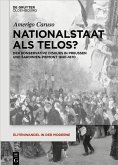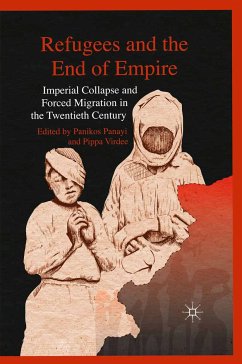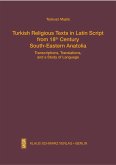Nineteenth-century Hungary thus serves as the case study in the politics of "everyday nationalism." The book discusses several prominent names in Hungarian history, but in unfamiliar contexts. The book also engages with theoretical debates on nationalism, discussing several key theorists. Various chapters specifically examine how historical actors imagine relationship between the nation and the state, paying particular attention Rogers Brubaker's constructivist approach to nationalism without groups, Michael Billig's notion of 'banal nationalism,' Carole Pateman's ideas about the nation as a 'national brotherhood', and Tara Zahra's notion of 'national indifference.'
Dieser Download kann aus rechtlichen Gründen nur mit Rechnungsadresse in A, B, BG, CY, CZ, D, DK, EW, E, FIN, F, GR, HR, H, IRL, I, LT, L, LR, M, NL, PL, P, R, S, SLO, SK ausgeliefert werden.









